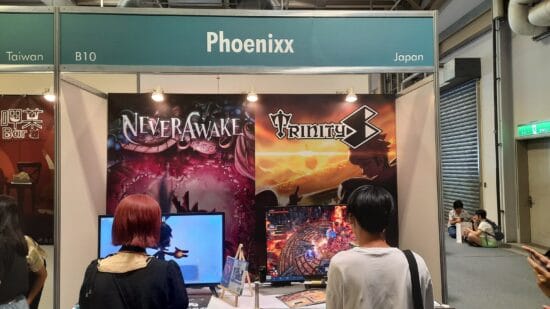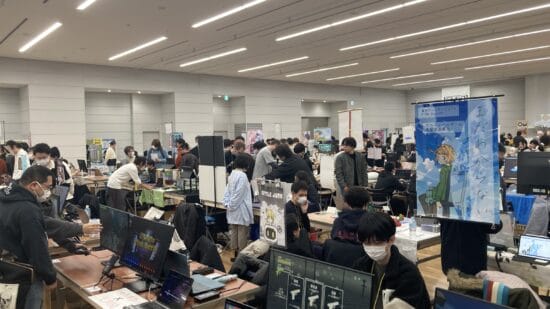Making a living by making games is no longer such an unusual way of life. However, it goes without saying that it is not easy.
Just like someone who wants to be a professional baseball player, a singer, or an entrepreneur, in order to make a living as an independent game developer, you need solid skills in that field.

Well, the gaming industry feels a little stagnant right now. In Japan, the movement to outsource title development is decreasing, and the development companies that were operating mainly on contract development are facing a difficult situation. Game companies in Europe and the United States are implementing large-scale layoffs, and in China, the economy has fallen into recession and the government is tightening regulations, and the game industry is in a difficult situation.
No new hot words have emerged in recent years, and there seems to be a lull in developments in areas such as the metaverse and NFTs. The only area where things are looking good is in the AI field, but it seems like it will take some time for this to bring about new experiences in games.
Under such circumstances, how can small game development studios called indies continue their business?

When it comes to Japan’s indie game industry, I believe that overseas expansion is the key.
Compared to a while ago, Japanese titles are also actively expanding overseas.
However, most of the works have already been translated, and I feel that there is still a long way to go to ensure that they are being published overseas.

I have a lot of contact with game developers and publishers in Taiwan, China, and Southeast Asia, but compared to their awareness of overseas expansion, the reality is that Japan’s awareness of overseas expansion is still low.
There is no doubt that Japan is a lucrative market for Japanese developers and publishers, as it has a large domestic market and barriers to entry due to the Japanese language and its own culture. For this reason, even for indie games, the strategy tends to be to try to make do with the Japanese market first.
This is not a bad thing in itself, but I think that the problem is that overseas expansion often becomes a much lower priority.
If you only target Japan first, the game’s mechanics and content will be tailored to Japan, and from there you will incur additional costs and burdens to localize it for overseas expansion.
Furthermore, if sales in Japan are not very strong, there are many cases where companies give up on expanding overseas.
Instead, I think it would be better to develop the game as a multilingual game from the beginning and assume global publishing.

It has become commonplace for games to be published globally, as many foreign games are now flowing into Japan, which is a unique market. Japan is still not good at overseas publishing, and a major reason for this is a lack of experience.
When you actually try it out, you’ll find that expanding overseas isn’t as difficult as you might expect, even if it’s an indie game run by just a few people. There are cases where a product is not popular in its own country but gains popularity in a different region, so in that sense, it is recommended to expand overseas from the beginning.

Japanese games are highly regarded around the world, and in fact, many games are extremely popular overseas. However, when it comes to indie games, I don’t think they have fully utilized their potential yet.
In the course of my work, I talk to people in the game industry from various countries overseas, and they all agree that it is difficult to approach Japanese game developers.
One of them is, of course, the language problem, but more than that, it seems that there are many cases of “I don’t have contact information”, “I don’t get a reply when I contact you”, and “I lose contact easily”, and this type of personality is common among people overseas. I think this makes it difficult to find a partner.
Of course, there are Japanese indie game studios that are doing well, and I think they will do well overseas as well.
I think it’s a wonderful thing that Japanese people don’t assert themselves with dignity, but for me, who often has the opportunity to see other countries, I find it very frustrating and often feel like a waste.
Small-scale indies have a chance to expand overseas.
I really hope that Japanese indie games will take the world by storm.
コメントを残す